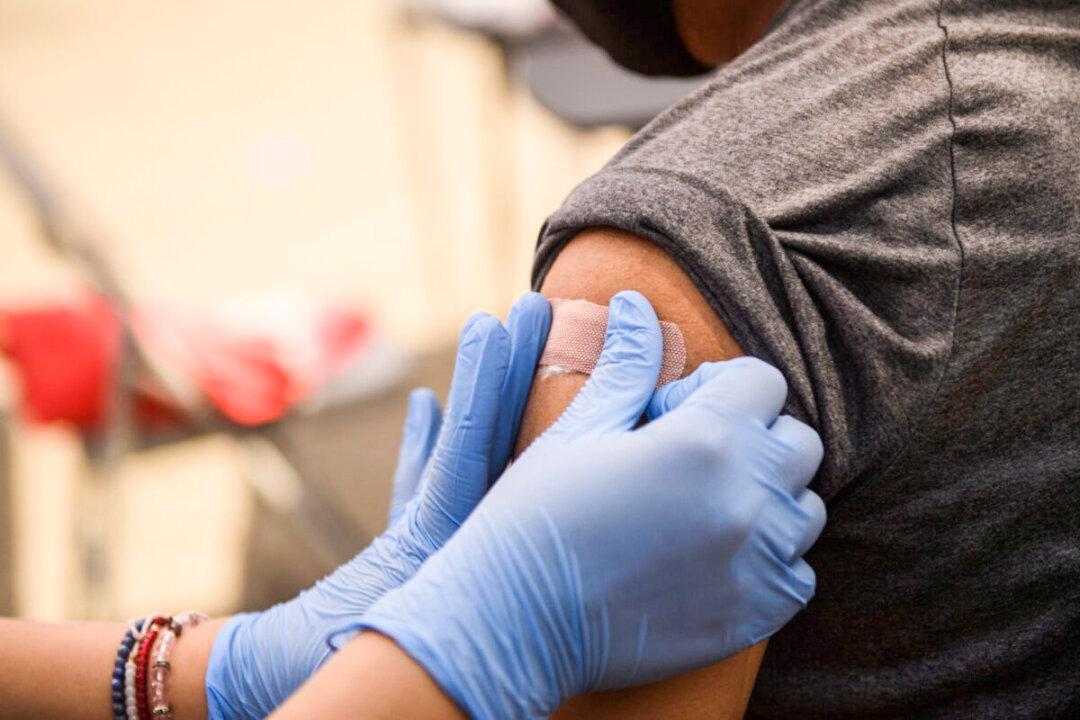Pfizer and its German partner BioNTech on Tuesday requested emergency use authorization (EUA) from the U.S. Food and Drug Administration (FDA) for a second COVID-19 booster dose for seniors.
This would be the fourth dose to the regimen of the Pfizer-BioNTech (Pfizer) COVID-19 vaccines for those aged 65 and over.




